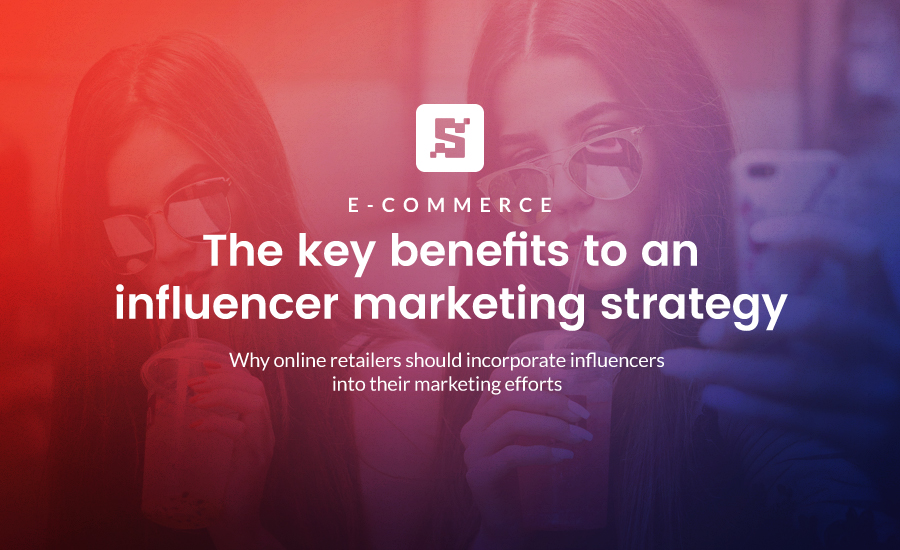Along with paid media, organic reach, display ads and email, influencer marketing is yet another fast-growing channel that drives acquisition for e-commerce. If you’re not leveraging an influencer marketing strategy for your online business, you could be missing out on obtaining valuable leads.
First, let’s talk influencer marketing. It comes in many forms, but ultimately, it’s a type of marketing that involves hiring an “influencer” to promote your product online to their followers. This might be a popular fashion blogger on Instagram, a comedic YouTube creator or perhaps an athlete endorsing a product on their own social channel.
In the myriad of channels available to reach customers, here’s why influencer marketing for e-commerce is key to maximizing online retail success.
People trust influencers
The key takeaway from influencer marketing is trust. Studies show that 92 percent of consumers trust influencers over celebrities. Influencers are real people. They’re authentic and relatable, whereas celebrities, given their status, make it hard for everyday people to relate to.
Let’s say you’re scrolling through Twitter and happen upon a photo of a celebrity endorsing a skin care product. The photo seems staged, and the lighting is perfect.
Now, let’s say instead you stumble upon a photo of one of your favorite bloggers. They’ve shared a photo of themselves with the same skin care product, but instead this tweet links to a blog post about it and why they like it.
Which would you say is more engaging? Which post would influence you to buy?
Influencers offer a sense of connection between the brand and the customer because they’re receiving this information from an individual that they trust and already have a deep connection with.
Increased traffic, exposure and credibility
Whether a new e-commerce company or a large retail brand, influencers lead to increased exposure and traffic that is more likely to convert. In fact, 51 percent of marketers say they acquire better customers through influencer marketing and are able to reach more diverse audiences.
Social media influencers are experts in their niches. They have large, dedicated followings who get excited about their content. An influencer is hyper-engaged and their audience is in tune with their niche—whether it’s fitness, fashion, health or comedy. People pay attention to influencers because they’re looking for that kind of content already.
So when someone stumbles upon a post from their favorite fitness blogger talking about popular running shoes, consumers take notice and think highly of that brand (as they already think highly of the influencer). As a result, they’re likely to find interest in that product, as well.
That’s why it makes sense for newer and smaller e-commerce businesses to utilize influencers as a way to gain traction among consumers who have never heard of them. It leads to further research and discovery, thus more sales.
Influencer marketing for e-commerce has become an essential strategy integrated with other acquisition channels, especially as its popularity continues to grow. With so many online retailers and so many social media users with large followings, there’s no reason not to implement an influencer marketing strategy into your e-commerce business.








